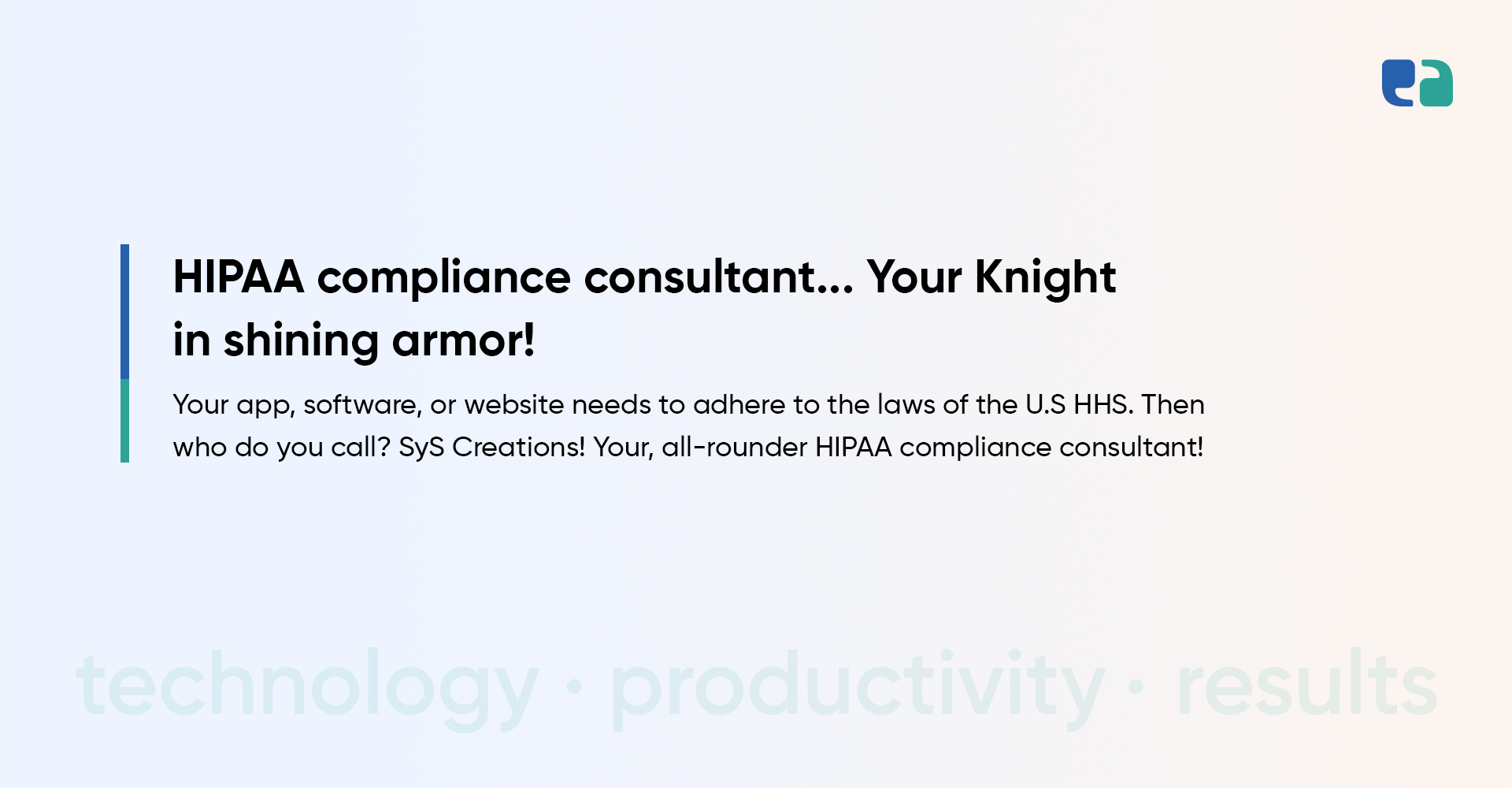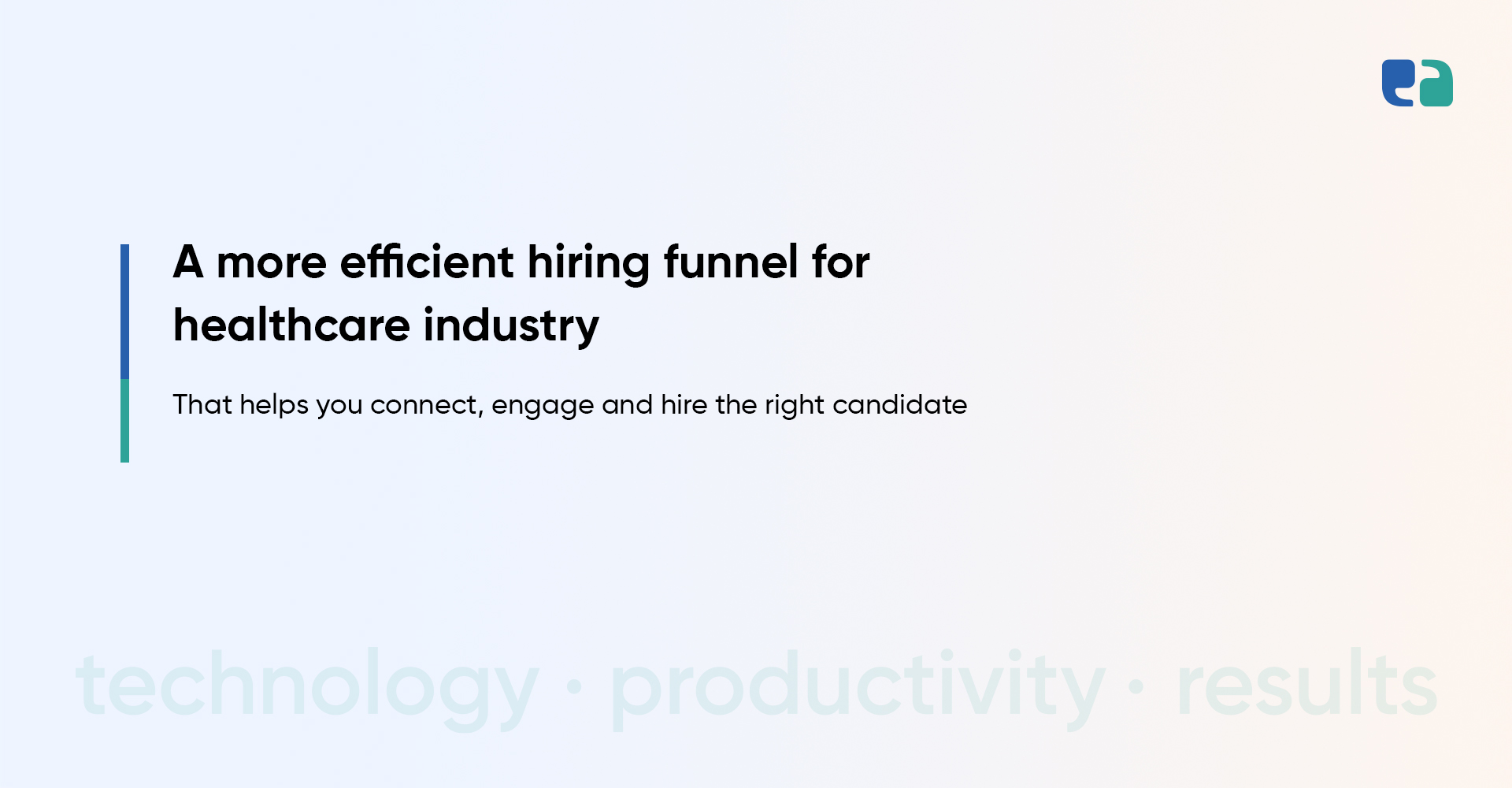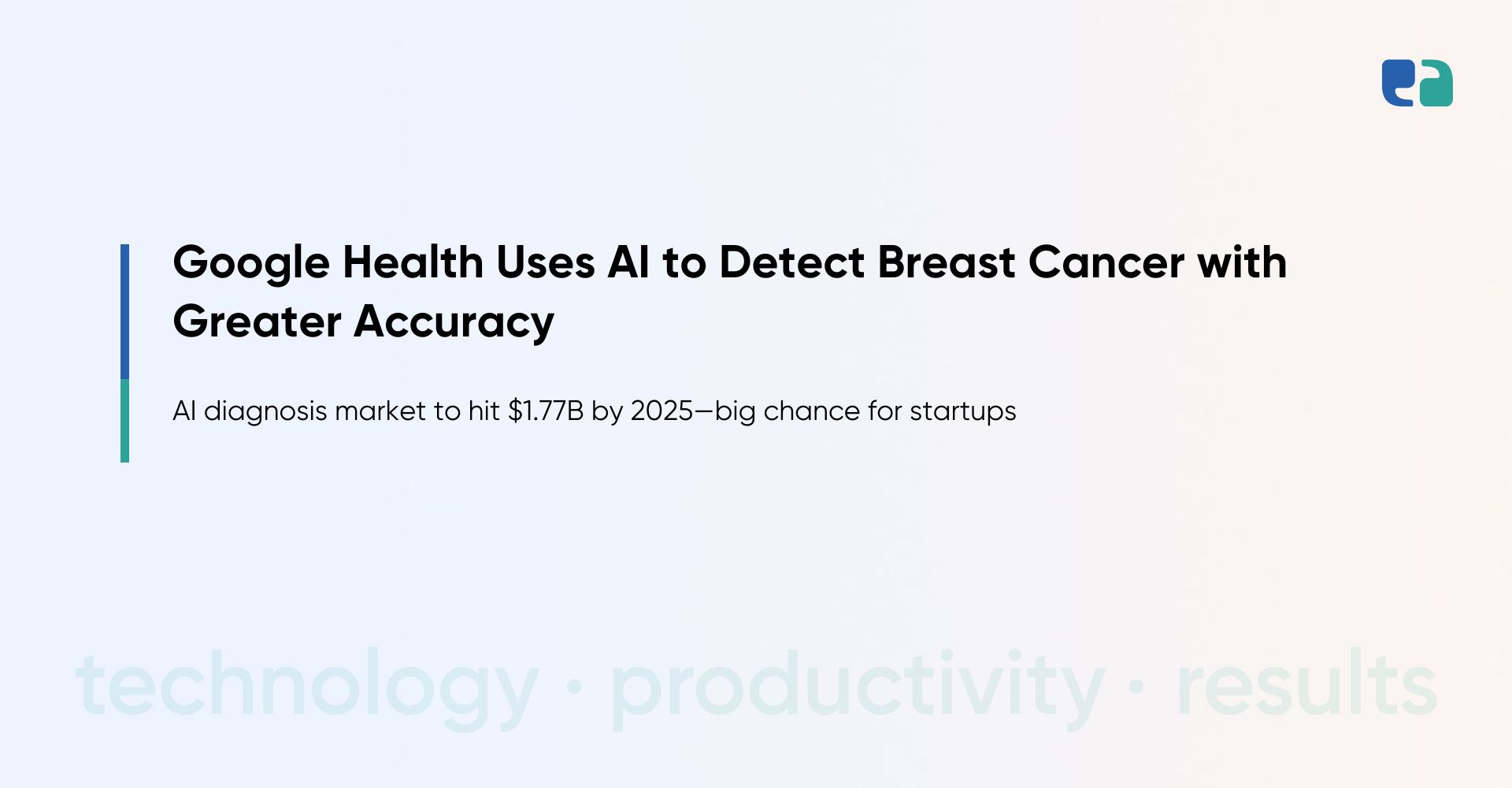Hiring healthcare compliance professionals (HIPAA compliance consultants) can be a tricky quest.
As you know, the healthcare sector and entities have been diversifying rapidly, and especially with the advent of modern technology, data has turned into gold.
In a study published by the Ponemon Institute in 2016, the rate of cyberattacks and data breaches has increased by 125%.
Which is quite an alarming number.
With that, we come to today’s topic which is healthcare compliance, and why should it be taken into consideration?
The need for the Health Insurance Portability and Accountability Act (HIPAA).
As we discuss the dynamics of HIPAA compliance consultants.
We take you through the things to look for when hiring HIPAA consultants.
And finally hiring SyS Creations will be the best compliance decision you ever make.
Setting the standards for sensitive patient information and its protection the Health Insurance Portability and Accountability Act popularly known as HIPAA in the US is the primary governing body for Protected Health Information (PHI) and all healthcare entities must implement security safeguards on their physical, network, and processes to be compliant with HIPAA.
The covered entities include anyone providing operations in healthcare, treatments, and payment or any businesses that have access to patient information.
The rules and regulations of HIPAA are established by the U.S. Department of Health and Human Services(HHS) in two phases.
- HIPAA privacy rule- protects the privacy of personal health information, such as medical records, insurance information, and other sensitive details, by requiring protection. Without prior patient consent, the Privacy Rule restricts what information may be used (and in what way) and shared with other parties.
- HIPAA security rule- focuses on the technological elements of securing personal health information and establishes rules and laws for how health information should be secured, as well as health information kept or exchanged electronically.
What Does HIPAA Compliance Require? A Strong Healthcare Data Protection Program Goes Above and Beyond
Protecting data in healthcare is not a feat of ease.
Healthcare providers need to balance between providing quality care and protecting patient’s privacy.
Public Health Information or PHI is the most sensitive form of information and includes stringent data protection obligations that come with significant penalties and fines if not satisfied.
However, rather than mandating stalwart regulations like a dictator.
HIPAA compliance requires covered organizations to guarantee that patient information is safe, accessible only to authorized individuals and used only for permitted purposes, but it is up to each covered institution to decide what security measures to apply to achieve these goals.
As I said earlier, the advancement of healthcare technology has made the governing of HIPAA in the health sector more than before it ever was.
These electronic methods increase efficiency and consecutively increase security risks.
Because, PHI-enabled healthcare professionals migrate to computerized processes, such as computerized physician order entry (CPOE) systems, electronic health records (EHR), online pharmacies, radiology, healthcare apps, and laboratory systems.
POLICIES, HIPAA COMPLIANCE, AND PHYSICAL AND TECHNICAL SAFEGUARDS… HITECH Act
When a patient goes to a doctor or a healthcare provider, he seeks treatment and relief from problems he or she is facing.
In short, they build their trust in these entities and organizations.
They provide their personal and sensitive information which if fallen into the wrong hands can prove fatal.
For that very purpose, the HHS requires every healthcare provider and associate to adhere to HIPAA compliance and provide physical and technical safeguards.
Physical safeguards under HIPAA compliance include-
- Restrictions on the transfer, retention, storage, and re-use of electronic media, and e-PHI.
- Workstation and digital media use and access policies
- With approved access, there is limited facility access and control.
Along the same lines of safeguarding the technical safeguards are only for ePHI access that includes-
- Network, or transmission protection that protects illegal ePHI access for HIPAA-compliant hosts. Addresses all transmission channels such as e-mail, the internet, or private networks, such as a private cloud.
- Unique user IDS, protocols for emergency access, automated logout, encryption, and decryption.
- Tracking logs or audit reports recording activity on software and hardware.
These policies and safeguards are all teamed up under the condition of access to PHI electronically.
Which led the United States government to pass a supplemental act under the adherence for HIPAA compliance.
The Health Information Technology for Economic and Clinical Health (HITECH) Act.
The HITECH Act has eventually seen a rise in its implementation due to the rise of the COVID-19 situation that led to increased telehealth visits, increased patient counts, increased compliance mistakes, and multiple care provider visits by a single patient.
HIPAA Compliance Consultant… Your Knight in Shining Armor!
Don’t worry they are not some sorcerers or some warriors straight out of Sparta.
But, they are no less than magicians and saviors.
HIPAA compliance consultants highlight compliance problems that they see as possible hazards to a company under the HIPAA standards.
Experienced and familiar with the criteria of the law.
They know how to assist companies in developing law-abiding policies and processes.
They specialize in various parts of the Act.
A HIPAA compliance consultant knows his way around the HIPAA security and technical rules conducting the Risk Analysis report.
Remember a HIPAA consultant who does HIPAA risk analysis the best is deemed to be the expert.
If you want to hire one now you know how to look for one.
Markers of Best HIPAA Compliance Consultants… Hiring HIPAA Consulting Services for Compliance Care
Our Approach to Successful Implementation of HIPAA Compliance
We are an 8+ years young company that has been serving the healthcare sector with specifically healthcare IT solutions.
We have a team with triple in-the-books experience, expertise, and expertise.
We not only help you with HIPAA technical requirements.
Our expert HIPAA compliance consultant will also provide you with HIPAA administrative and business requirements as well.
Our HIPAA compliance expert after years of experience and expertise in the field has devised a 5 step plan for successful execution of compliance.
- Determination of scope- It should encompass the targeted area of the organization/network which must be prioritized for controls.
- Asset location, risk audit analysis, asset identification- Risk evaluation is important to determine the infrastructure scope and the control need. This stage leads to each gap being identified.
- Execution- This is done through policy/procedure/documentation definitions and related records of persons, processes, and technologies.
- Internal audit- Internal audit is, on the one hand, a procedure that ensures effective implementation and, on the other, incorporates safety standards into the company life cycle.
- HIPAA compliance- At this stage, you can declare your app, software, or web as HIPAA compliant.
The above stages can also have sub-stages depending upon the size and variation of the project and its development.
Wait… you have reached this far!!
Congratulations! You are just a click away from getting top-of-class Healthcare IT solutions and HIPAA compliance consultants.



